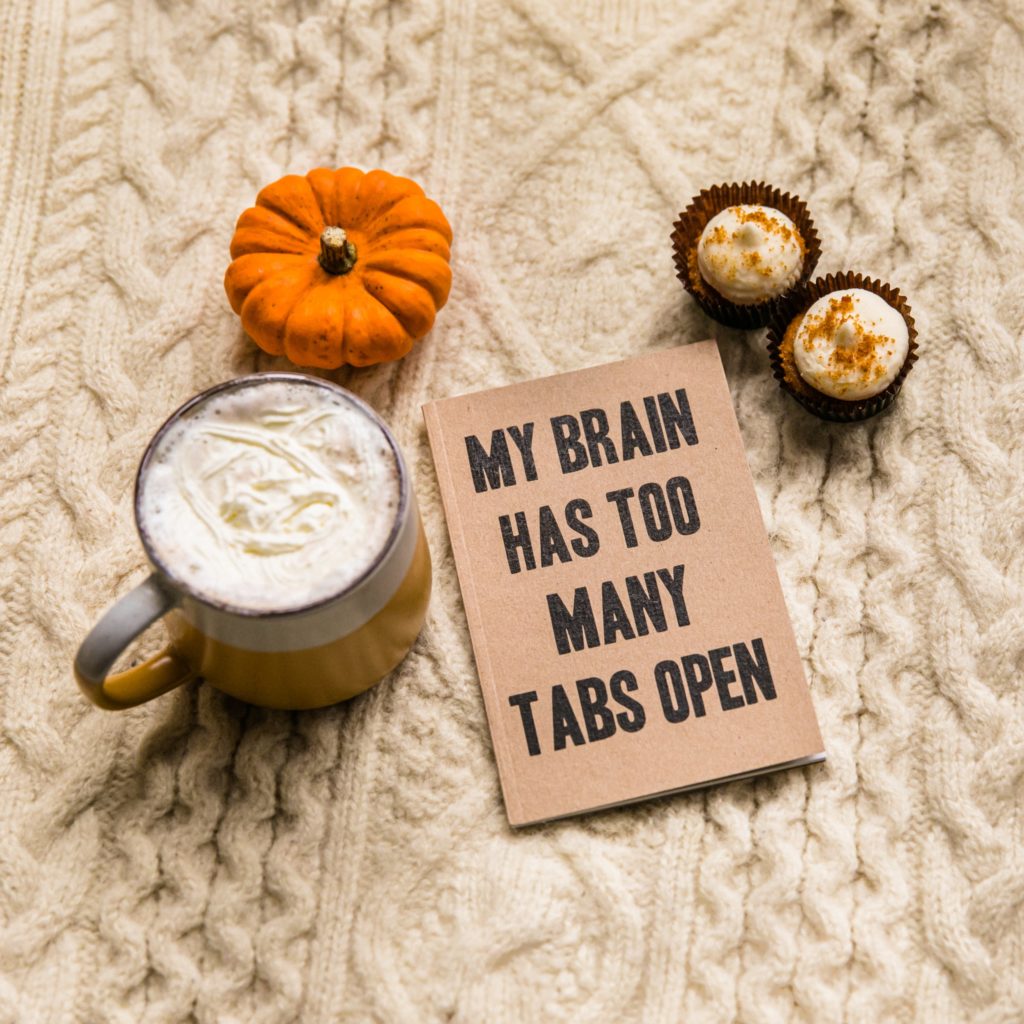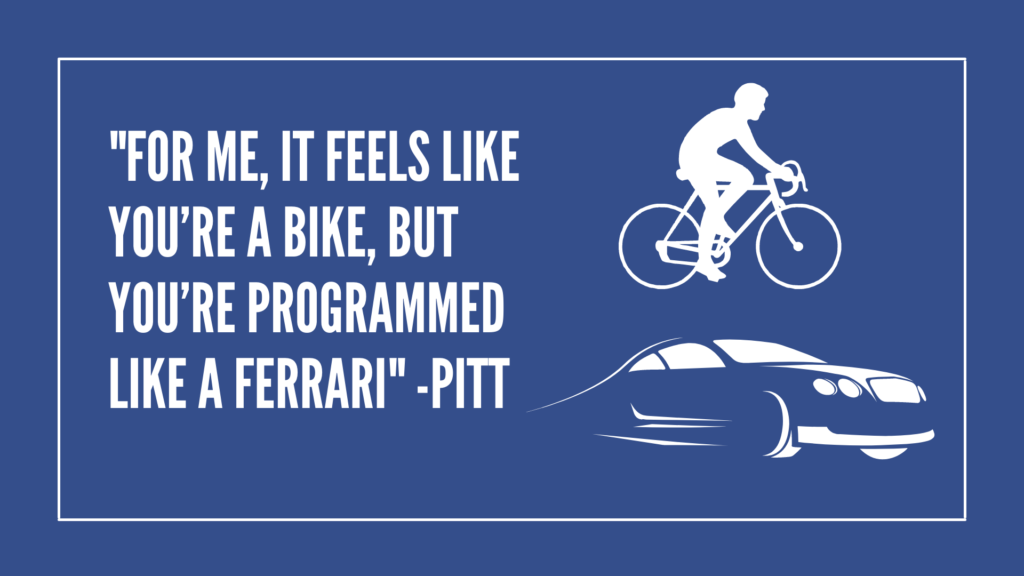ADHD affects four per cent of adults globally, but more often goes untreated

S.H., a Ryerson student who finds it extremely hard to concentrate or focus on one thing, has trouble sleeping at night. He talks quickly and rambles in conversations. In school, he finds himself frequently making careless mistakes despite trying his best to focus. All of these factors affect his daily life, worsening his anxiety.
S.H. started to notice symptoms of ADHD at the age of 16 but has never been clinically diagnosed. He was granted anonymity because he does not want to be identified by his family; they still don’t know about his ADHD symptoms.
“My parents don’t always stay in Canada, so I’m alone half the time,” he said. “Honestly, I just don’t want to burden them with this.”
Two years ago, S.H saw a psychiatrist and was diagnosed with obsessive compulsive disorder (OCD) and anxiety. He was prescribed medication but after a few months, he noticed that he was extremely lethargic and unable to focus in school. He ended up needing to take a semester off.
“Although (my doctor) did do a preliminary assessment and asked me to do a proper assessment for ADHD, I never bothered to as he said it costs money,” he said.
Attention Deficit Hyperactivity Disorder (ADHD) is a condition common among children and often lasts into adulthood. Those with this condition may have a harder time focusing, have difficulty controlling impulsive behaviour, or may be overly active. It is estimated that 1.1 million Canadian adults have ADHD, according to the Centre for ADHD Awareness Canada.
Once considered to be a childhood disorder, ADHD is now acknowledged to persist into adulthood in 50 to 60 per cent of individuals, according to the ADHD Institute. It may be harder to catch in adults, as many symptoms lessen with age, but those who don’t end up shaking the symptoms may struggle to function with everyday tasks.
With barriers in the way for some who want to get help, they may go undiagnosed and untreated. Whether you have received a diagnosis or are hesitant to see a professional about it, S.H. knows it is not an easy experience to maneuver as it can affect one’s day-to-day life.
S.H. excelled in high school and thrived in his studies, but something changed in his last year as he noticed his symptoms becoming more pronounced.
Ryerson’s academic accommodations have helped S.H. cope with the struggles that come with school. “I wasted valuable time not getting proper help,” he said.
ADHD occurs in four per cent of adults and five per cent of children worldwide. 80 per cent of children maintain their diagnosis into adolescence and at least 60 per cent remain impacted by symptoms in adulthood, according to the Centre for ADHD Awareness, Canada.
Karen Goslin, a psychotherapist and registered social worker, recognizes that there are many reasons why some might be hesitant to seek help, but she still recommends people see a professional.
“It is a wiring issue: not anything they are doing wrong, but without professional support for the symptoms, consequences will likely worsen,” she said.
ADHD quizzes are a starting point for those who suspect they have it, but Goslin suggests that people who take them should also be discussing with teachers, parents, or professionals about how to obtain a reliable assessment and what steps to take in order to feel better.

Daniel Pitt, 30-year-old resident of the United Kingdom, had more energy than usual as a child. His ADHD symptoms started when he was around three years old: he was always fidgeting, and running around causing chaos, often restless.
“For me, it feels like you’re a bike, but you’re programmed like a Ferrari,” said Pitt. “It feels like your life is going 100 miles an hour. You literally just want to do as much as you can.”
Growing up in a religious household as a Jehovah’s Witness, a lot of Pitt’s time was taken up with religious activities. In his spare time he would study the best that he could, but found it extremely difficult to concentrate. Pitt struggled to pay attention in school.
“Teachers would often say the same thing,” he said, “(that I was) easily distracted and could do better.”
Post-secondary education was a new world with the same barriers. He found himself dropping out of courses that he was initially quite enthusiastic about.
“My ADHD means that I get excited, but that decreases a lot quicker than most people,” he said. “The initial class is really exciting, but soon after I’m easily dissatisfied and bored.”
As an adult, colleagues have noticed him swinging his legs on his chair or have mentioned that he could look more interested or engaged. A former boyfriend found it hard to cope with his personality.
Five years ago, he made the decision to seek help and get a clinical diagnosis from a professional. After completing an assessment, he received a letter confirming that he had ADHD and was offered the option of medication, but felt as though he was being brushed away after receiving a diagnosis.
“Before I even had time to really digest it, within a matter of weeks, it was kind of over and then I felt a bit more alone with it,” he said.
Goslin says that there are strategies that can help those with symptoms manage better and seeking help is a sign of strength.
“ADHD is one illness that is usually best managed with medication and good therapeutic support,” said Goslin. She suggests that therapy should involve a comprehensive program including a consistent daily self-care routine, a cognitive behavioral therapy program to manage negative and overwhelming thoughts, and an emotional regulation program to help manage stressful situations to improve overall well-being and mindfulness.
Where Pitt lives, he would have to be referred to a specialist if he chose to go down the medication route. With the wait times possibly taking a year and his insurance not covering enough of treatment, he felt like there weren’t many options available to him.
Despite the challenges he faced, Pitt would recommend seeing a professional.
“The assessment they were able to provide really did make me feel like they were asking questions that were really relatable to me,” he said. “I felt really relaxed and understood.”
If you suspect you have ADHD and are looking for help, Ryerson offers counselling services.
This article may have been created with the use of AI tools such as
